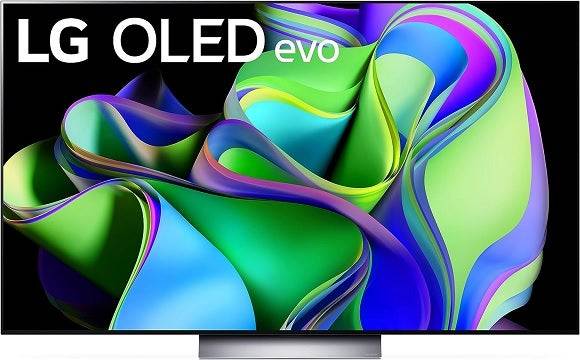At the recent Time100 Summit, Netflix CEO Ted Sarandos confidently declared that his company is "saving Hollywood," despite the challenges facing the traditional film industry. He emphasized Netflix's consumer-centric approach, stating, "We deliver the program to you in a way you want to watch it." Sarandos also addressed the decline in box office sales, suggesting that consumers prefer watching movies at home. While he expressed a personal fondness for the theater experience, he believes it is "an outmoded idea, for most people."
This perspective aligns with Netflix's business model, which prioritizes streaming over traditional cinema. Hollywood's struggles are evident, with even reliable blockbusters like Marvel films experiencing inconsistent success. Family films and video game adaptations, such as "Inside Out 2" and "A Minecraft Movie," are among the few genres keeping the industry afloat.
The shift towards home viewing has been a topic of concern for many in the film community. Actor Willem Dafoe lamented the closure of cinemas and the change in how audiences engage with films at home. He pointed out that the social aspect of movie-going, including discussions and shared experiences, is diminishing. Dafoe argued that more challenging films suffer from this shift, as they require a focused, attentive audience.
In contrast, filmmaker Steven Soderbergh sees a future where movie theaters and streaming services can coexist. He believes that the appeal of going to the cinema remains strong, particularly if the industry can engage younger audiences and encourage them to continue the habit as they age. Soderbergh emphasized the importance of programming and engagement to maintain the allure of movie theaters, stating, "There's still an appeal to seeing a movie in a movie theater. It's still a great destination." He believes the key is not in the timing of releases but in the industry's ability to attract and retain audiences.
 Home
Home  Navigation
Navigation






 Latest Articles
Latest Articles










 Latest Games
Latest Games












